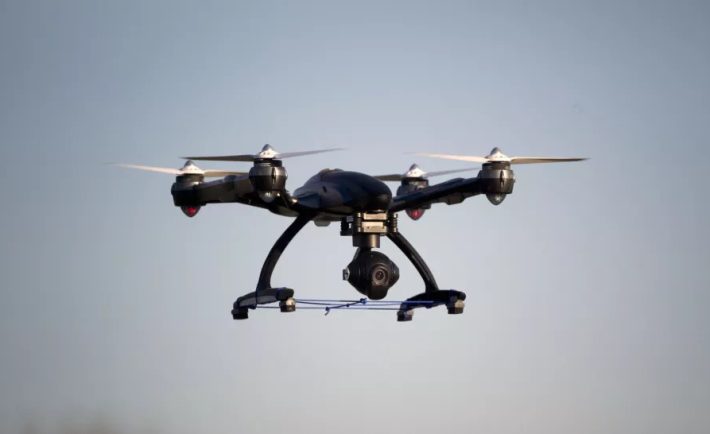
Flying drones has become a favorite pastime for many remote control enthusiasts. If you’re thinking about getting started with a drone of your own, there are some things that may help you be a more experienced beginner right out of the box. Let’s take a look at some drone flying tips that can make you feel more comfortable embarking on this new hobby.
1. Read Your Manual
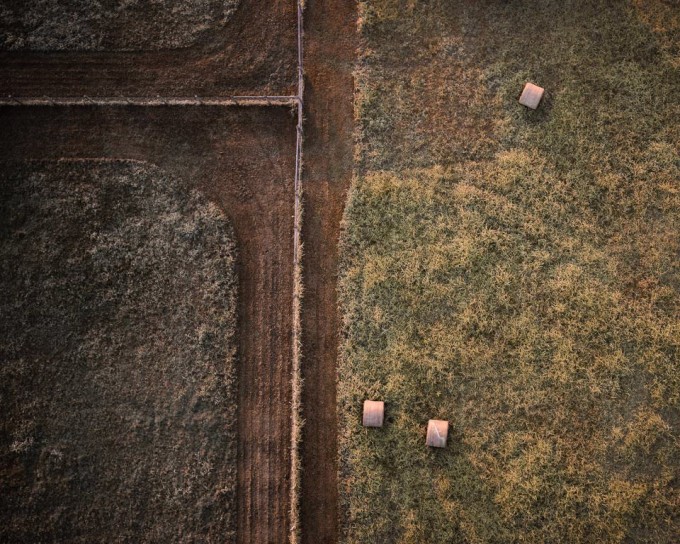
Before your maiden flight, before you take your drone in for drone services, be sure to read your manual all the way through. There are lots of tips that are specific to your unit. Get a good understanding of how to handle your drone for optimal performance.
2. Choose the Right Environment
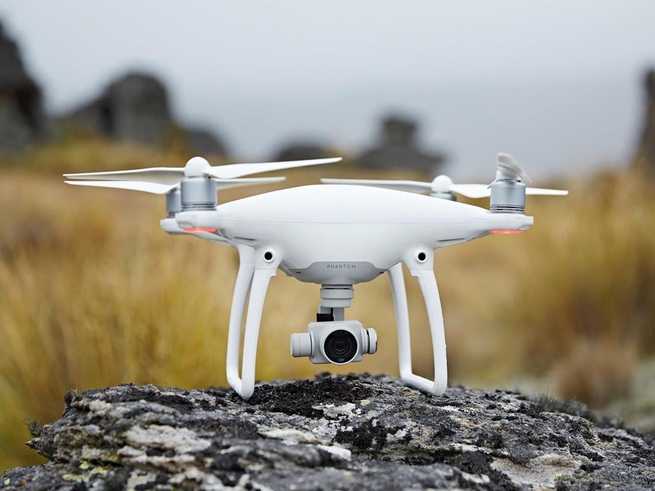
Of course, you’re itching to get out and play with your new toy, but it helps to slow down and carefully choose the right environment to fly your drone. You’ll want somewhere that has plenty of open space, little to no obstacles like trees and power lines, and fairly few people and animals, like parking lots, parks or a backyard. The right spot will reduce the likelihood of accidents.
3. Check the Compass and GPS
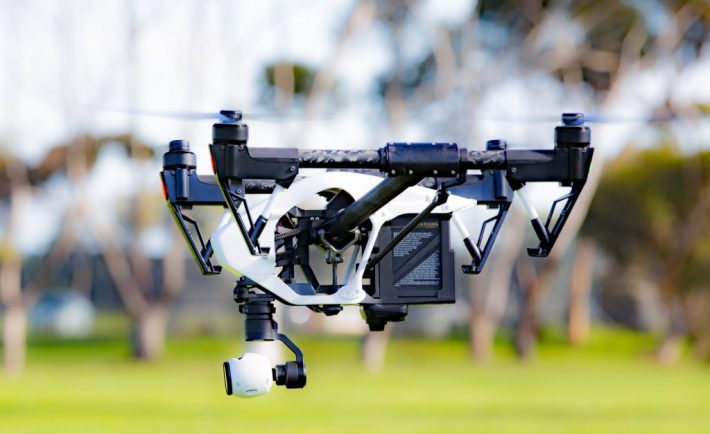
Calibrating the compass can make the difference between going where you want to go and having an avoidable accident. Also make sure your GPS is in order. You’ll want to have as many satellites online as possible (10 is the minimum) and a very strong signal. This ensures that you’ll have a safer flight and be able to use the return to home function seamlessly.
4. Have Backups
It’s always a good idea to have spare parts and backup batteries. Spare propellers and things will allow you to make repairs out in the field, so you don’t have to be out of flight for longer than you’d care to be. Crashes happen and batteries die, so be prepared for the inevitable and always have the right tools on hand.
5. No Aggressive Flying
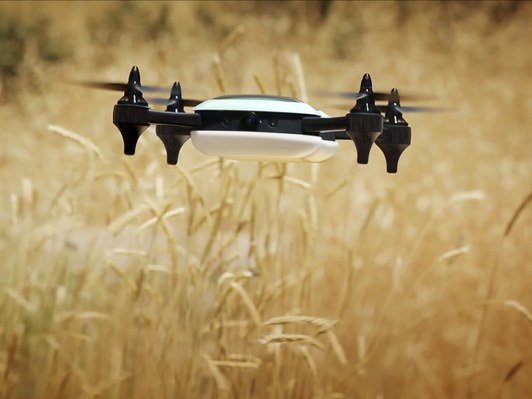
As you get used to flying, it’s a good idea to keep a gentle hand. Don’t navigate with sharp movements to minimize the likelihood of crashes or accidents. A slow and steady hand can make the difference between a safe flight and one that you regret. It’s also best not to fly in reverse, especially when your drone is out of view.
6. Be Aware of Battery Status
Know how long your battery will power your flight and know how much battery life you have before you take flight. Also be aware of the temperature, as extreme temperatures could negatively impact the life of a battery.
7. Have a Travel Case
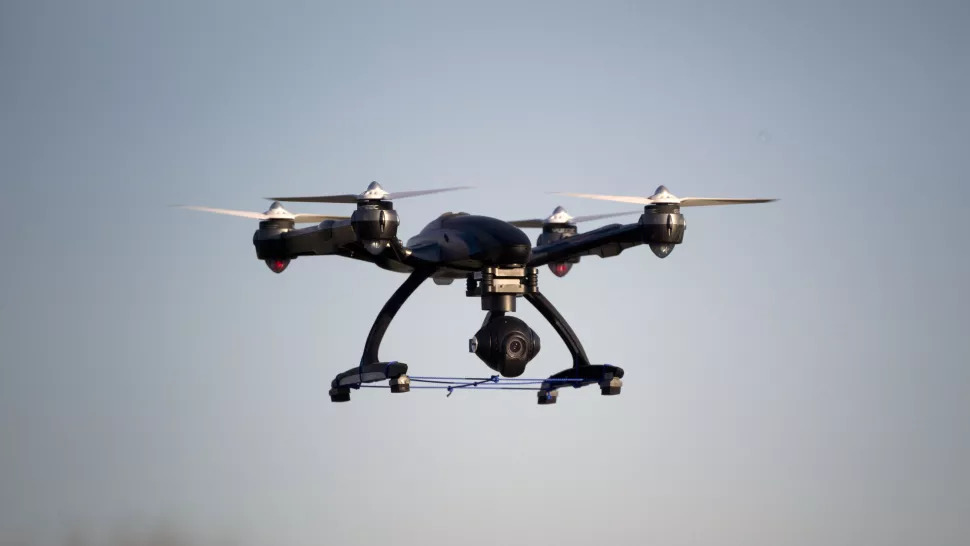
Whether your first drone is small and inexpensive or something more extravagant, you want to protect it. A good travel case can hold your drone, spare parts and extra batteries. It will make taking your drone out for a spin a lot easier and safer.
Practice is all you need to perfect your flying skills. Remember to always inspect your drone before flying it. Your first flights should be an enjoyable learning experience that gives you the confidence to try new things.




